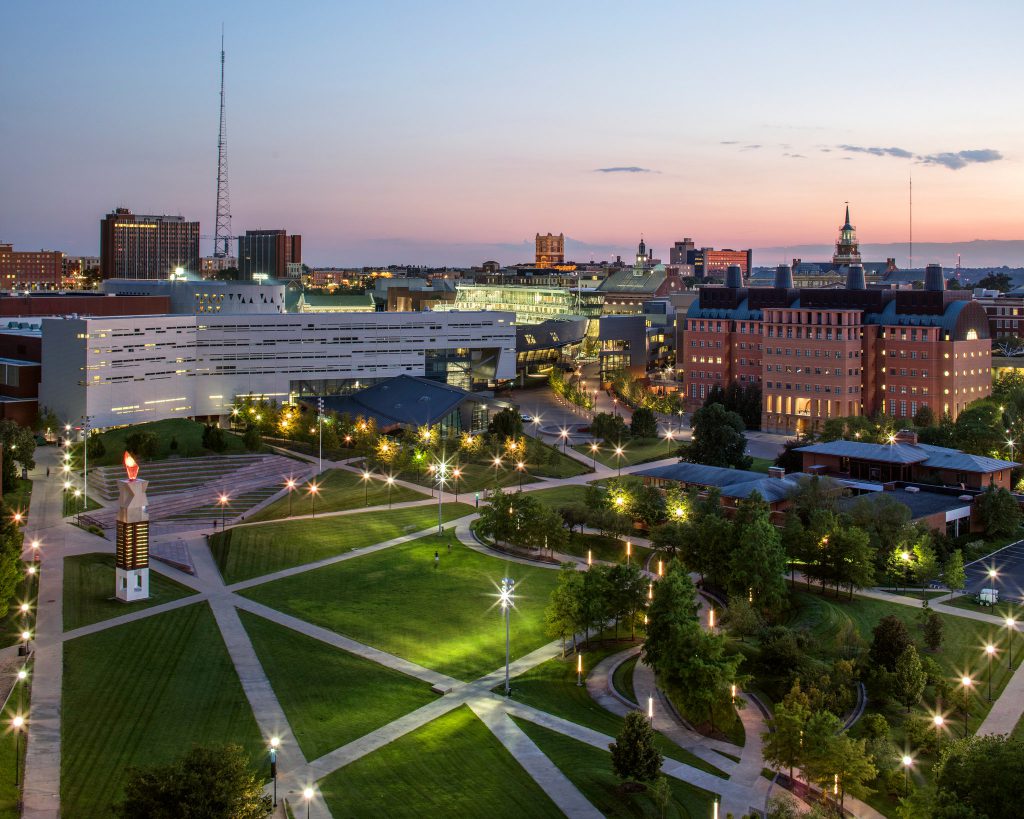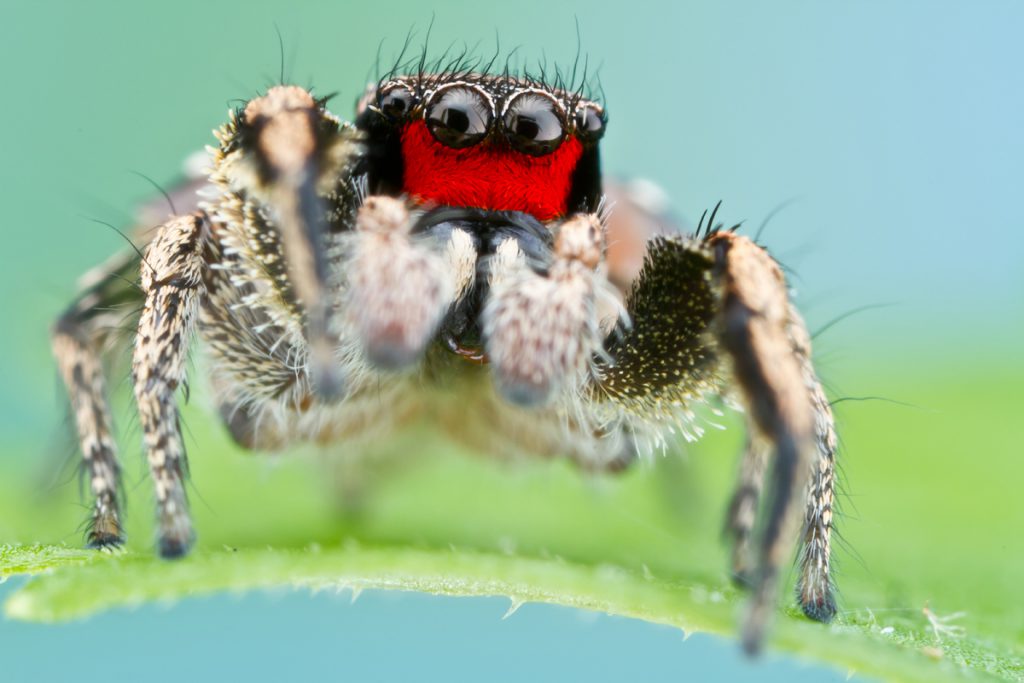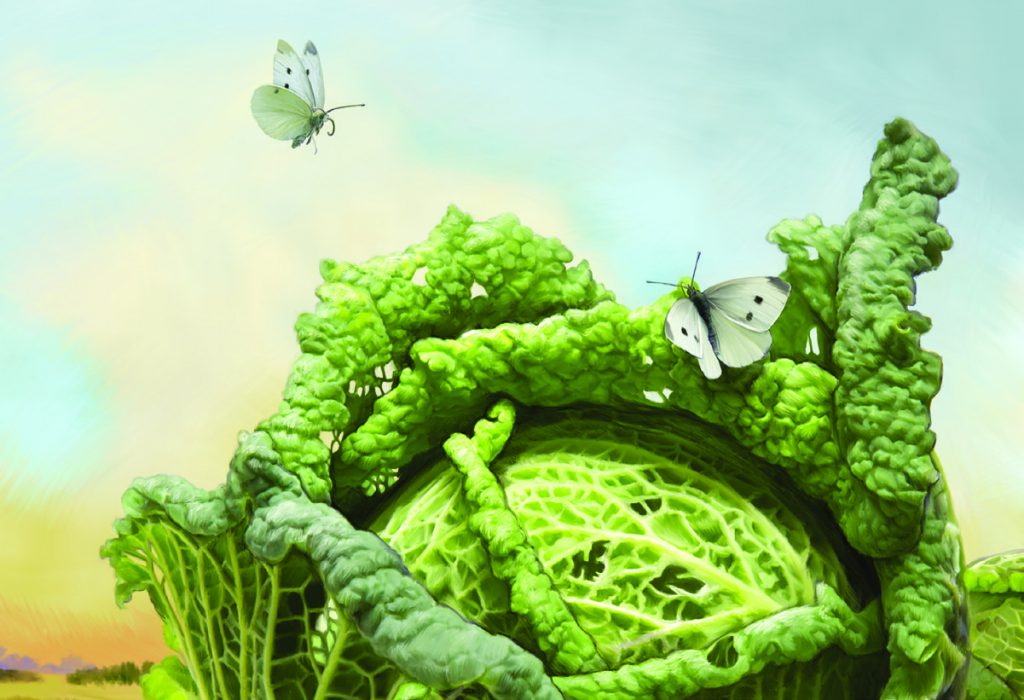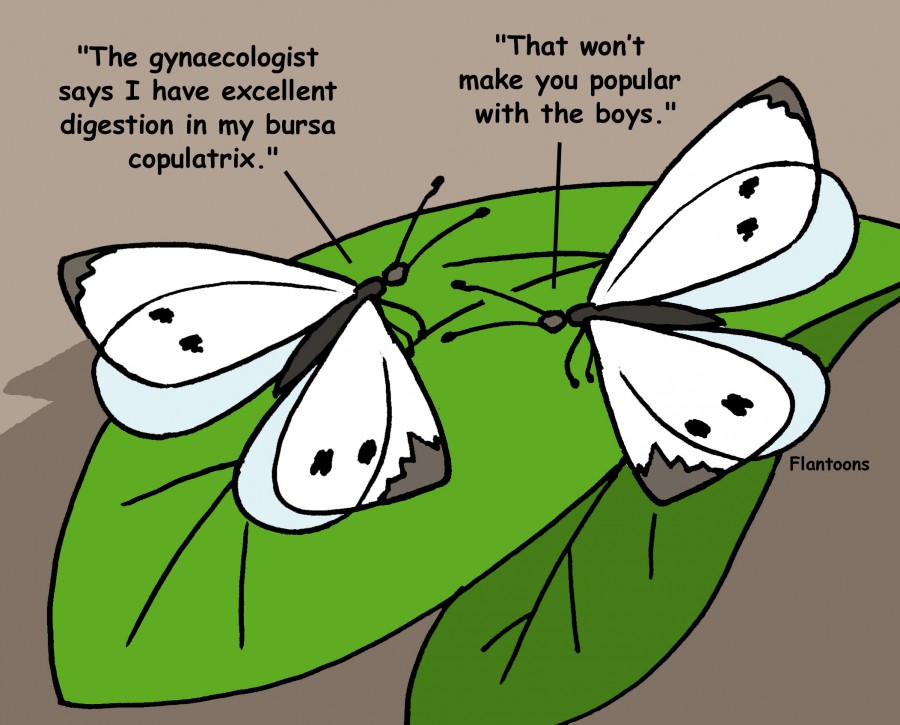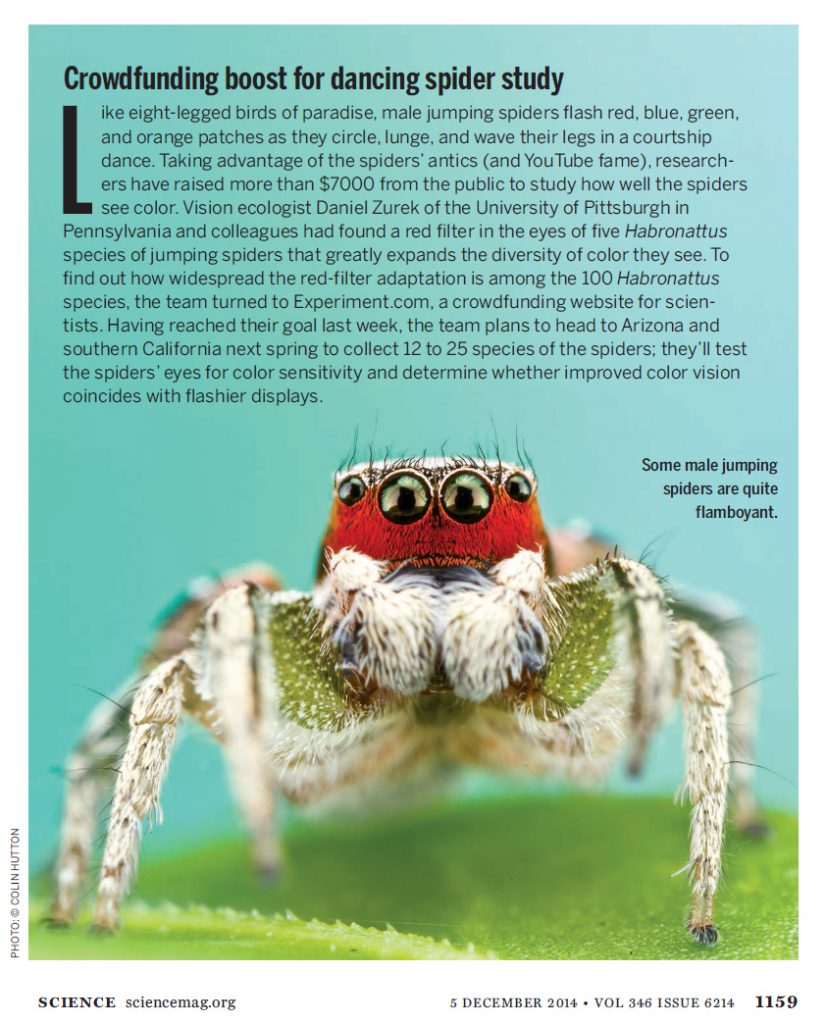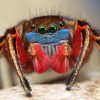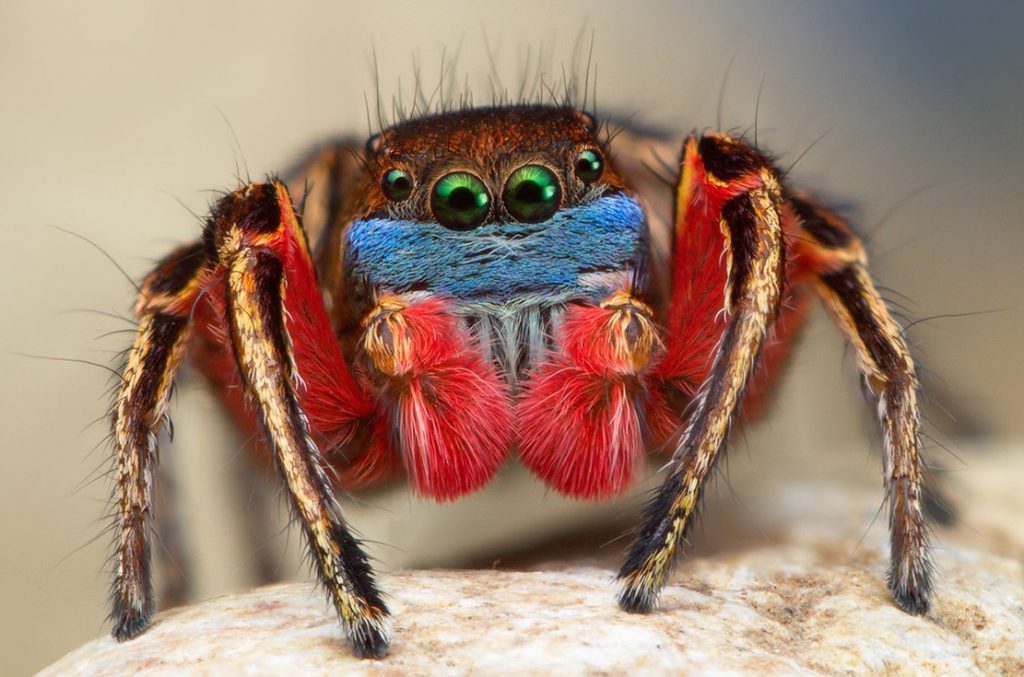
The Morehouse Lab is recruiting two PhD students and one postdoc to join the lab in the summer or fall of 2017. I am particularly interested in recruiting new students to join our research on jumping spider color vision and coloration.
One of the PhD positions is NSF-funded through a grant to investigate the role of female visual attention/gaze in driving the evolution of complex male displays in the North American genus Habronattus (including H. americanus pictured above). This research project combines intensive field work with lab-based video characterization of male displays and eye-tracking of female gaze responses to video playback of displaying males (in collaboration with Beth Jakob at the University of Massachusetts, Amherst). I have two full years of doctoral student support remaining on this grant to offer an incoming student who would like to join that project, beginning as early as May 1, 2017.
The postdoctoral position and the second doctoral position will support a new research initiative in my group to understand the repeated evolution of color vision across jumping spiders. Thus far, we have identified two independent and functionally distinct transitions from dichromacy to tri-/tetrachromacy in jumping spiders, which are, not surprisingly, tightly associated with rapid diversification of male color ornamentation. We are now interested in identifying any additional evolutionary transitions in color vision, characterizing when and why they occurred, and investigating their “downstream” consequences for biodiversity in this group of animals. This work will leverage international field work with molecular, microspectrophotometric, and hyperspectral imaging approaches.
Of course, in addition to these new research initiatives, we have a number of other research projects that could provide opportunities for incoming students. I am slowly adding more information about these in the Projects area of the website.
Students interested in joining the lab should contact me as soon as possible to discuss their interests and fit for the lab. Graduate applications are due January 1, 2017, and I will begin actively recruiting for the postdoc position mid-spring. More information on the graduate program at the University of Cincinnati and associated application materials can be found here.
Photo of Habronattus americanus (above) by Thomas Shahan.

